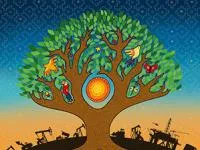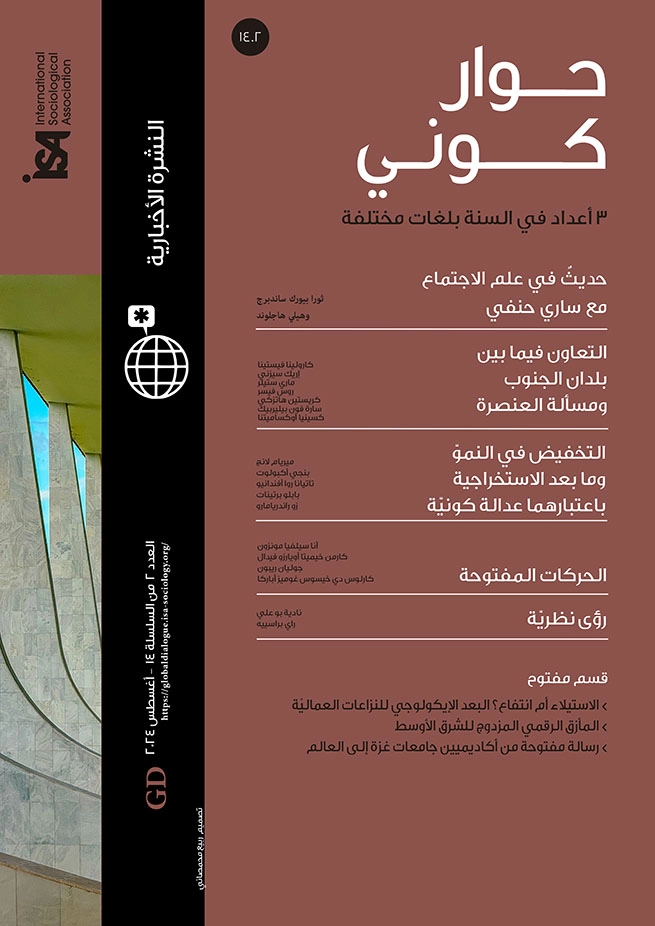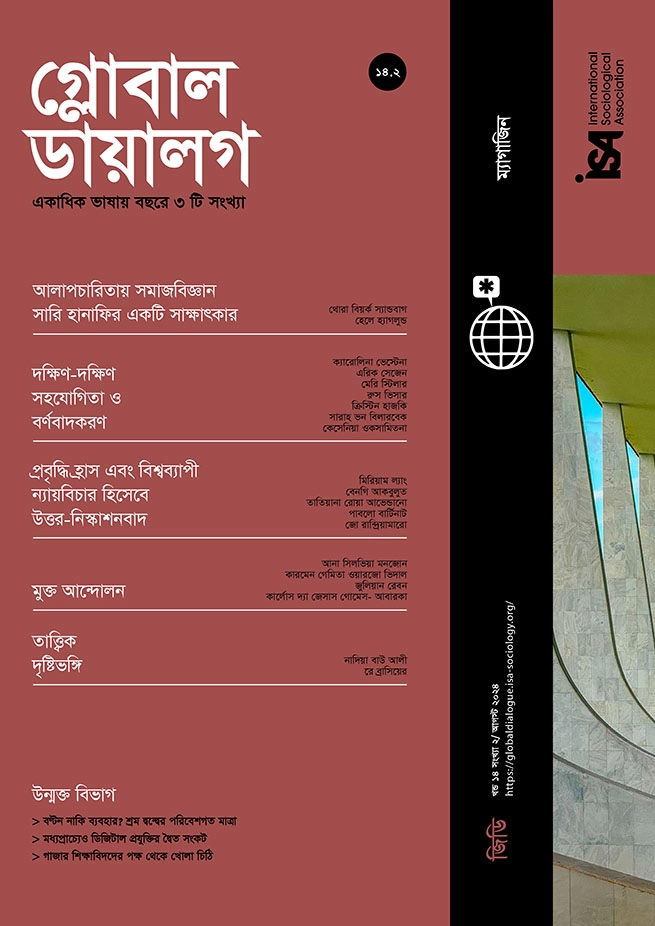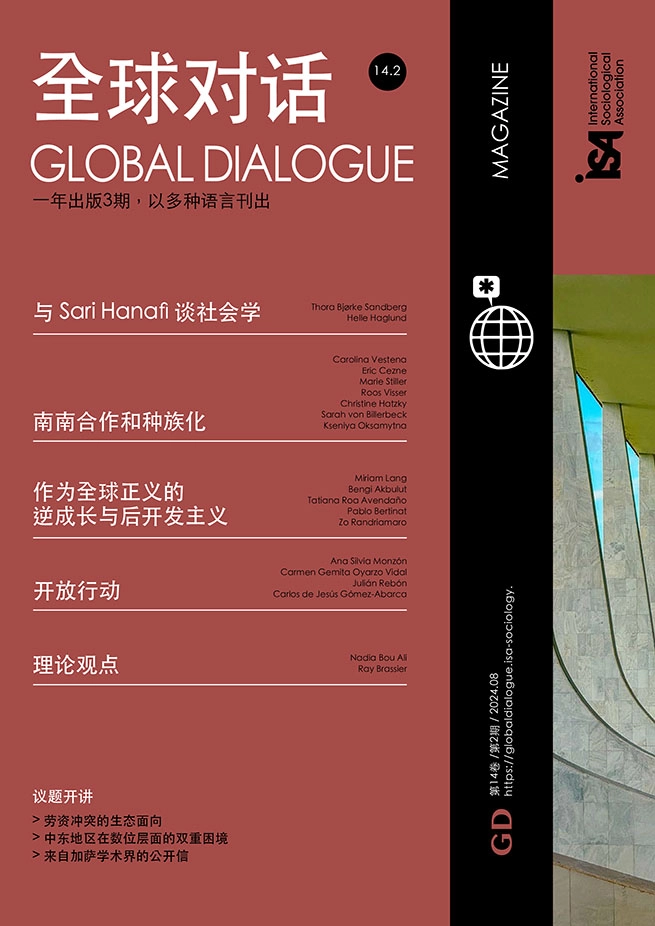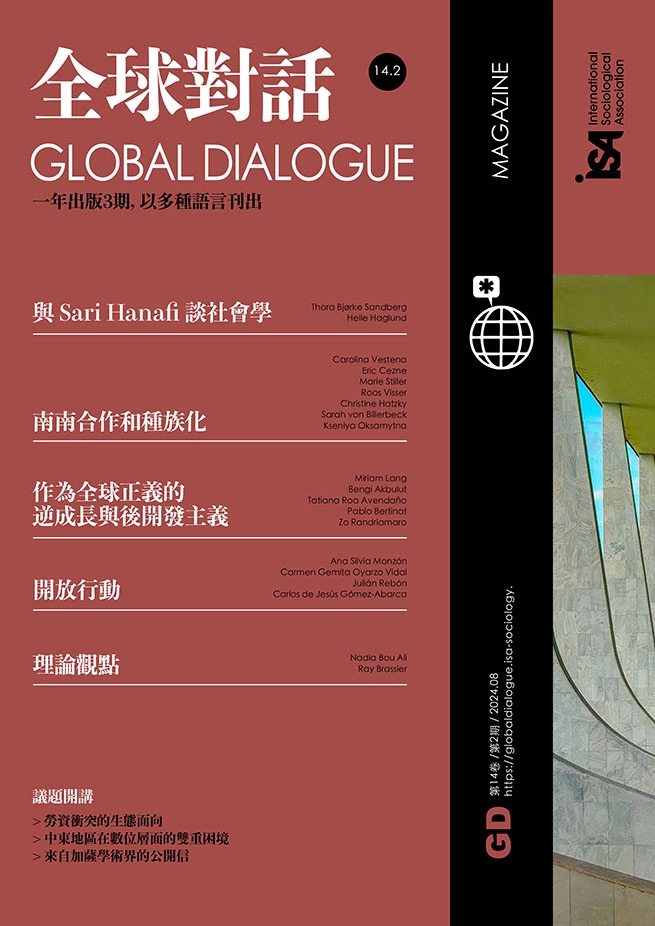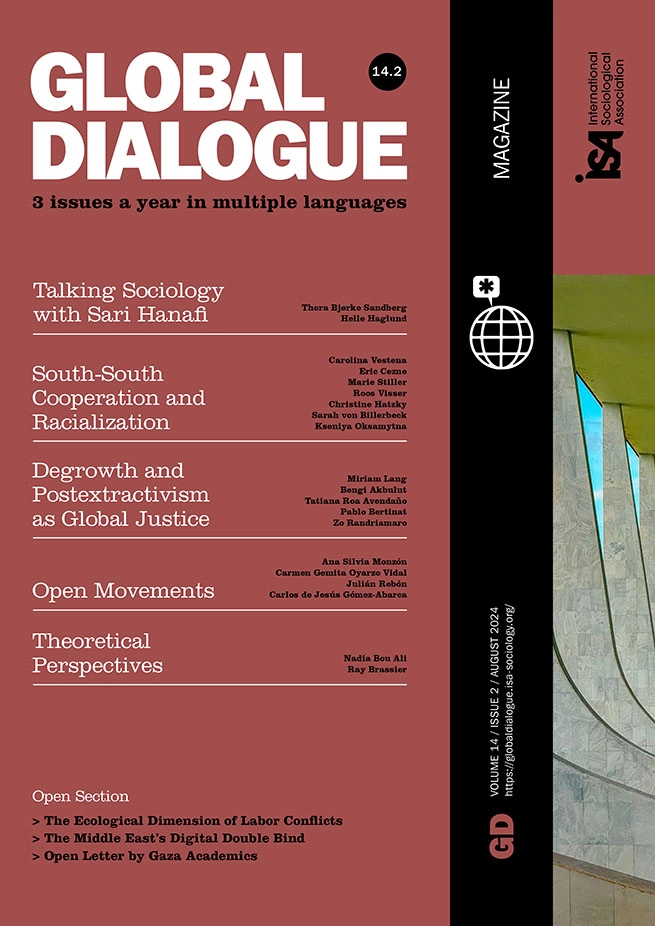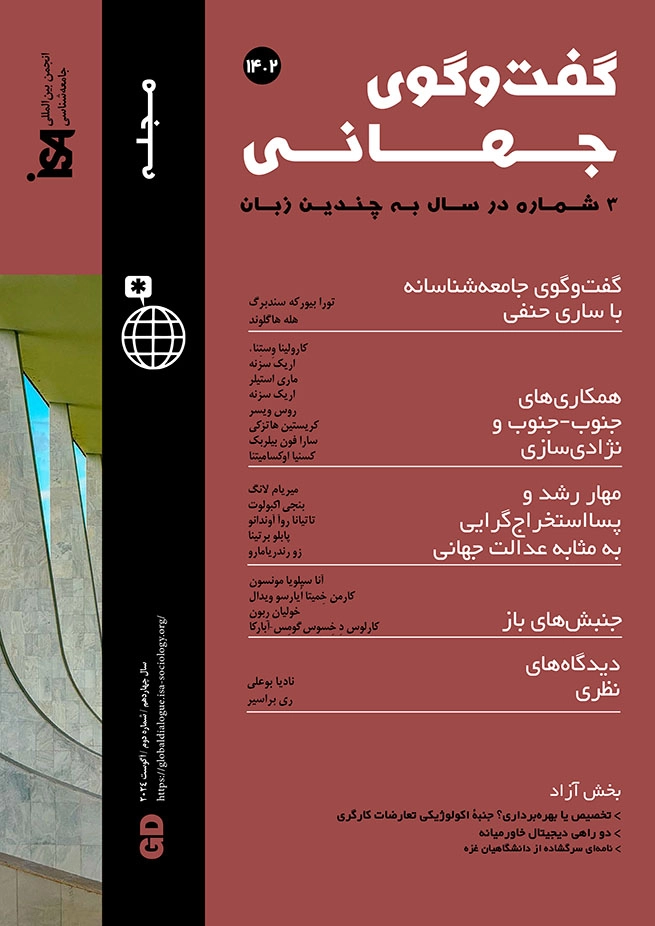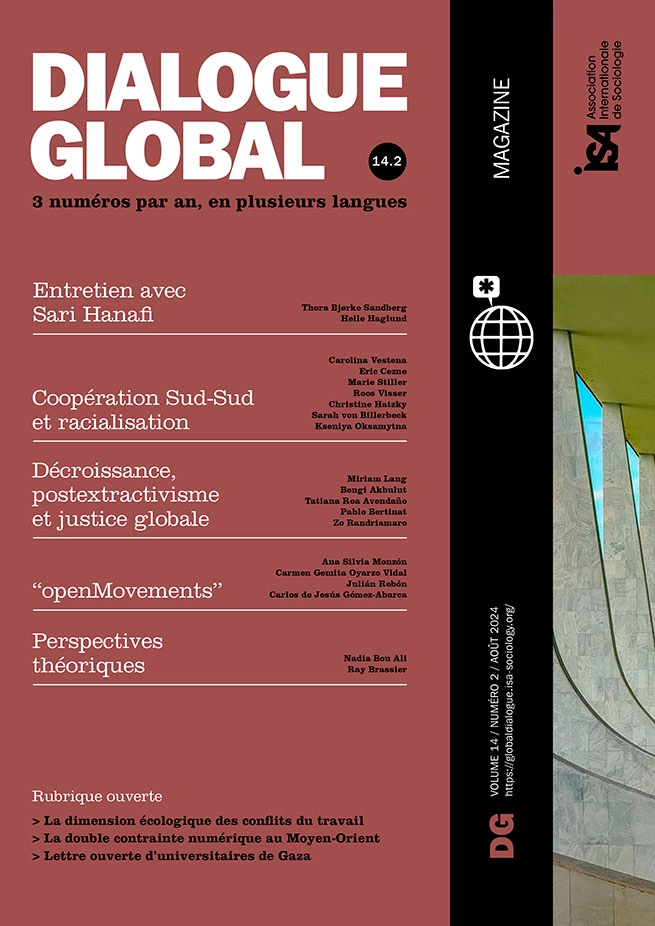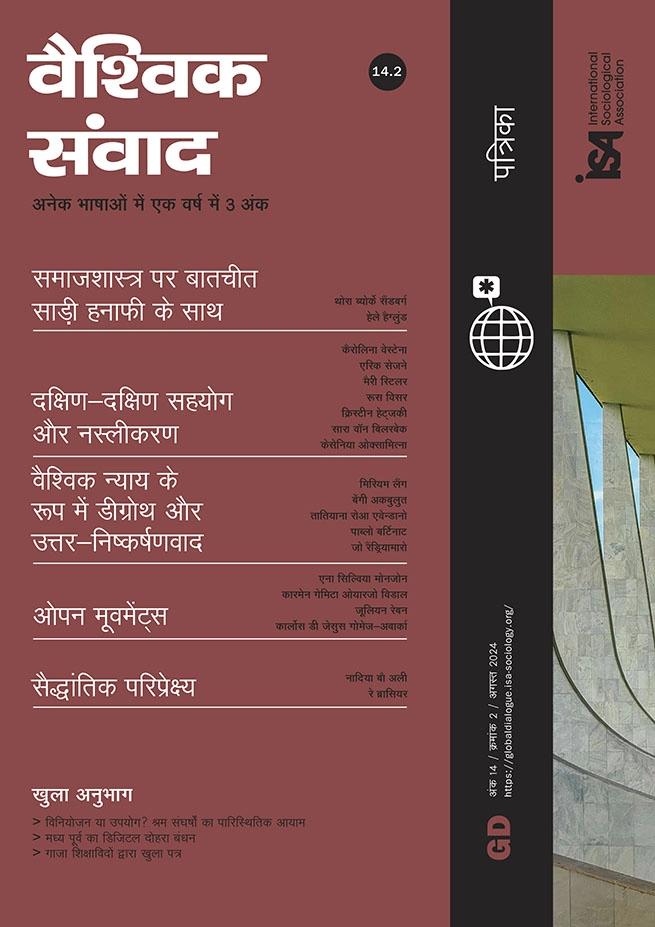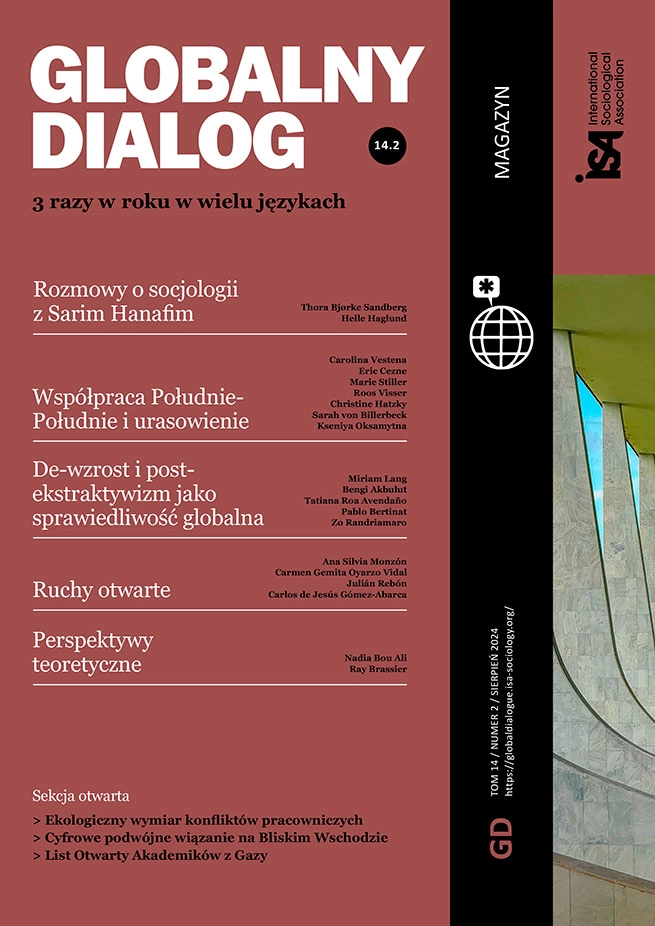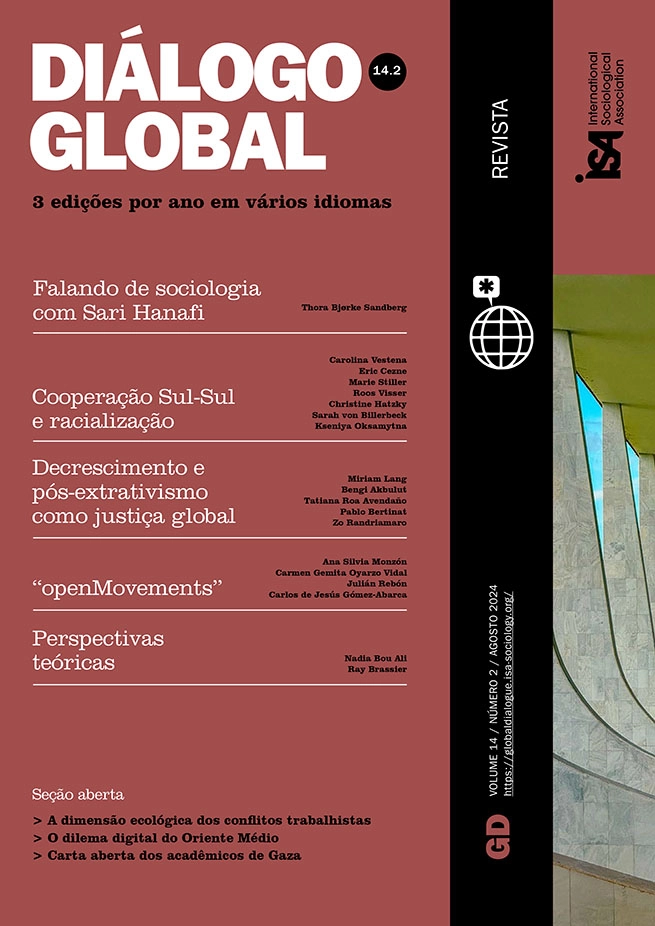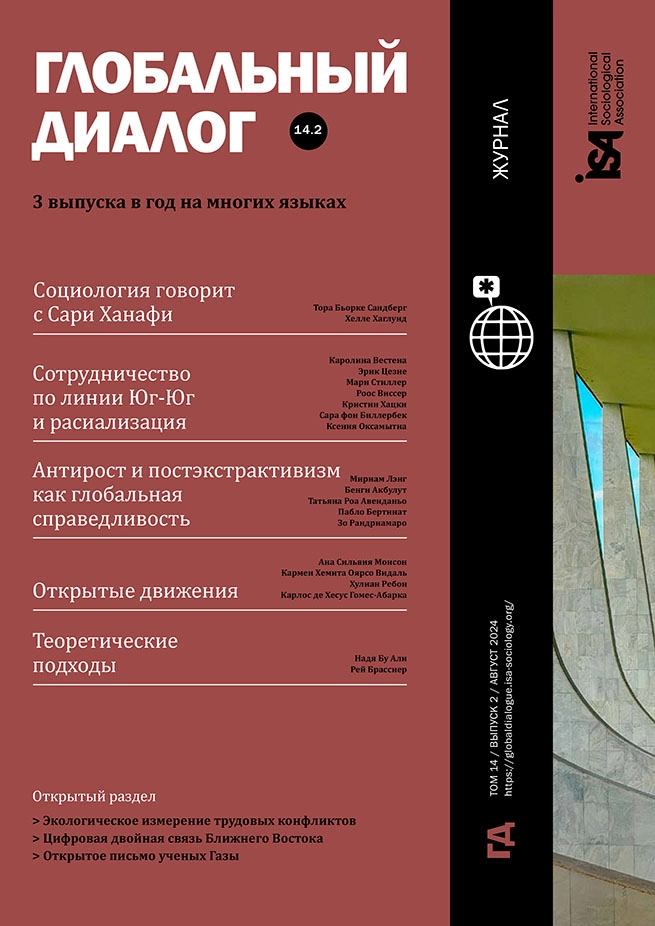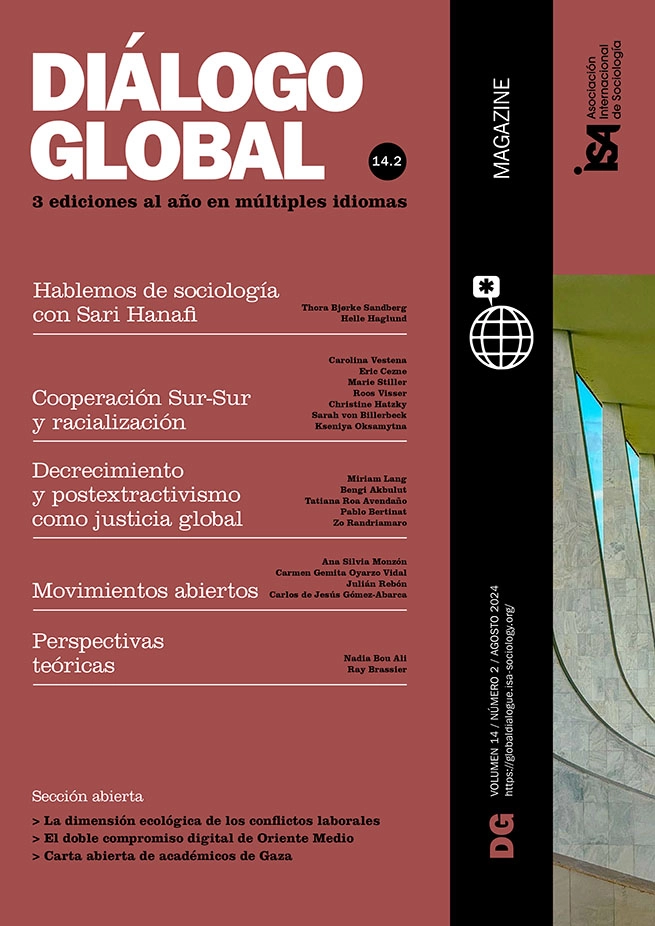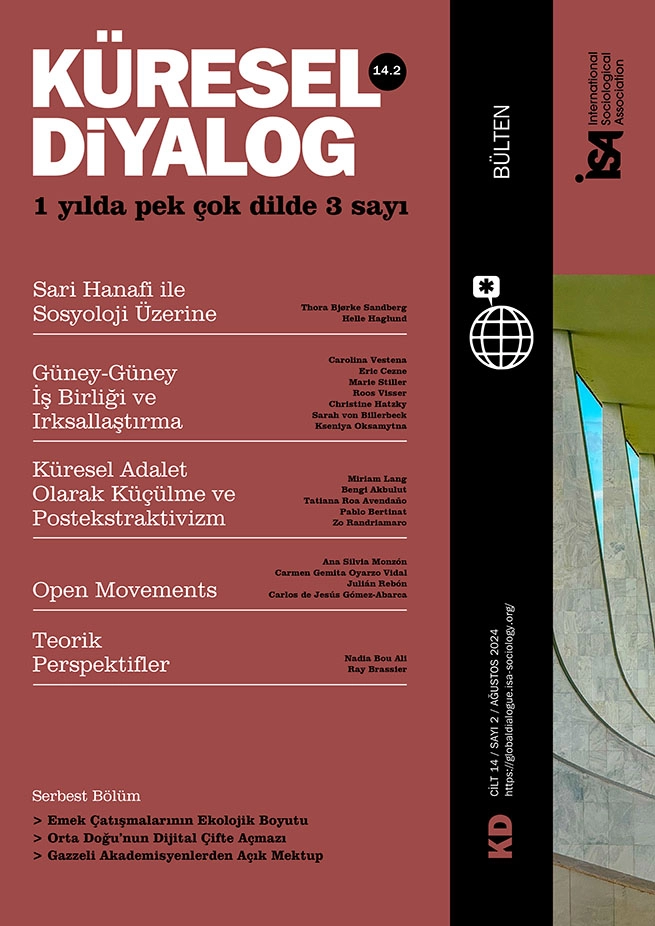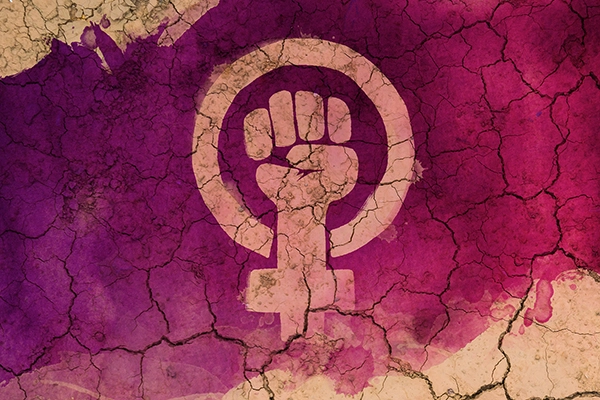The African eco-feminist movement is located at the confluence of three distinct movements that are fighting against the same imperialist ideologies and institutions that disrupted and undermined indigenous cultures and institutions: the anti-neoliberal movement, mainly supported by climate justice activists, the anti-imperialist movement brought forward by decolonialists and the anti-patriarchal movement protagonised by feminists. As such, Afro-eco-feminists are striving to dismantle power structures and hierarchies that oppress and exploit both women and Nature.
A Pan-African feminist movement for climate justice
At the community level, there is a growing awareness of the threats to biodiversity and climate resilience resulting from large-scale, agro-industrial and extractive projects across the African continent, and their links with corporate and state powers. Eco-feminism is inseparable from the concrete struggles and initiatives at the grassroots to preserve, develop or repair liveable spaces and social bonds through material and cultural processes that allow a society to reproduce itself without destroying other societies or living species.
From this point of view, special attention should be given to climate justice movements which focus on the ecological crisis and its root causes, from a feminist perspective, based on the growing awareness among the affected people that the dominant neoliberal development model is unsustainable. Such eco-feminist movements centre on the climate and ecological crises in Africa, on their links to extractivist development and its gendered impacts, and demand ‘that the unjust capitalist system be dismantled in order to take care of the planet and provide redress for historical violations of the rights of peoples and nature’, as Margaret Mapondera, Trusha Reddy and Samantha Hargreaves suggest.
Because of their transnational nature, both the climate justice movement and the decolonisation project for Africa cannot be limited to a piecemeal approach but require a Pan-African course of action. The fragmentation and ideological divisions of the continent have greatly contributed to perpetuate the different forms of colonialism in Africa, which implies that Pan-Africanism is a critical pillar of the decolonisation project embraced by Afro-eco-feminists.
African eco-feminisms and decolonisation
Wangari Maathai affirmed that “colonialism was the beginning of the deterioration of nature due to industrialisation and the extraction of natural resources […] Logging of forests, plantations of imported trees which destroyed the eco-system, hunting wildlife, and commercial agriculture were colonial activities that destroyed the environment in Africa”. Thus, from the outset, Afro-ecofeminism has been an important pillar of a decolonial feminist approach to promoting systemic change in Africa.
In this regard, Afro-eco-feminists have also been relying on their rich traditional heritage and indigenous culture to challenge patriarchal power and neocolonialism. While some African feminists, such as Fainos Mangena, have argued that the African cultural tradition and communitarian philosophy are not compatible with feminism because they are deeply patriarchal, other eco-feminists, such as Sylvia Tamale and Munamato Chemhuru, affirm that African traditional philosophies and tools such as Ubuntu can be used to achieve gender justice as well as the other goals of Afro-feminism.
As the Ugandan academic and Human Rights activist Sylvia Tamale argues, “the underlying features of ecofeminism very much resembled those traditionally practised in non-Western Indigenous cultures”. In particular, eco-feminist practices have a lot to draw from “the epistemic relationship between Indigenous people and nature [that] manifests through their spirituality, clan totems, taboos, ancestral myths, rituals, fables, and so forth […] Notably, the consequences of violating a taboo were not individualized and responsibility to conform was communalist. If you transgressed social taboos, your relatives would also suffer the consequences” (pp.87-89).
A typical illustration of this epistemic relationship is the statement below, expressed by the women who are the guardians of the local sacred sites and bio-cultural heritage (Mpijoro tany) of the indigenous group from the Sakatia island in the northwestern part of Madagascar:
“Our role as ‘Mpijoro tany’ is our duty to our village, which has been founded by our forefather. There is a sacred place called Ankatafabe, and there is another one in Ampijoroa, and also in Ankofiamena. In the past, there was no church but these were the places where we prayed to God, just like we do in a church. These are the places of annual ‘fijoroana’ (ritual prayer ceremony) to pray and to request benedictions […] Our ancestors strictly observed ‘fadin-tany’ (land taboos), and most people in Sakatia still observe them. If a person breaks a ‘fady’ (taboo), he must kill a zebu in reparation of the wrong he has done.” (Justine Hamba, ritual prayer leader, 2021).
The other guardian of the sacred sites on Sakatia island explained as follows the rationale behind the traditional rituals and customs, and the vital importance of abiding by them for the common good and ensuring unity, cooperation, love and trust in the community, as well as for establishing respect between the living and the dead:
“There is a way of preserving ‘kodry’ (fish) for people who eat them. You pick only the quantity you need; any surplus must be distributed to the community; it cannot be thrown away or sold. This is the sense of community and love. Those who pick the food are not necessarily the ones who eat it; it must be shared with the community. It cannot be sold and it cannot be harvested in large quantities; otherwise it will become extinct and by doing so, people do harm to the environment […] The small animals in the village cannot be killed without any reason, for example the ‘Anjava’ which is a small animal that lives in shady and cool places. The green forest where it hides should not be cut down. If a person kills such animal, then something bad will happen to him/her. The curse will not go away unless he/she takes away the punishment (manala fady) and apologizes to the traditional prayer leaders in the village […] The person who broke the taboo commits a desecration; these are treasures of this land that our ancestors cherished and these animals should always be respected and remain in the village […] It is forbidden to destroy forests that provide rain and fresh air we need for living. That’s why Sakatia is a green island, because we don’t cut down forests over the hills, and we also plant trees. And we also protect marine life, including fish, we prevent fishermen from using non-standard nets from getting here. We protect sea turtles, and endemic fish species like ‘Horoko’ and ‘kodry’ […] We have a dina (traditional social convention with a system of sanctions) in the village: for example, if you swear or use foul language, there is a corresponding penalty in the ‘dina’. You must go to the ritual prayer leaders and ask for apology, otherwise everyone in the village will be under curse.” (Célestine, ritual prayer leader, 2021)
As evidenced by the above statements, the Malagasy communities in Sakatia are abiding by the same ‘ethics of nature-relatedness’ as the numerous indigenous groups in sub-Saharan Africa that are also wary of anthropocentric interventions on Nature which undermine the healthy web of life in ways that threaten the survival of the planet. As Sylvia Tamale has rightly underlined in her book Decolonization and Afro-Feminism, “women in the global South may not have self-identified as ‘ecofeminists’, but they have a long history of ecological consciousness and moral obligation towards future generations”.
African eco-feminist alternatives to development
From a decolonial, eco-feminist perspective, many rich alternatives already exist at the micro- and meso-levels. Many of these alternatives were taken from Africa, such as the solidarity economy and collective solutions to labour and resources like seeds and money and must be recognised and built on. As happened in Latin America with other proposals adopting some of the positions and cosmovisions of indigenous peoples, including the rights of Nature and the worldview of ‘Buen Vivir’ (a Spanish phrase that refers to a good life based on a social and ecological expanded vision), there is certainly a significant African archive of endogenous ideas, practices and political concepts that lie in tradition, as well as in anti-colonial struggles and post-colonial transformations from which we should draw inspiration and guidance. These include indigenous knowledge systems, communal tenure/indigenous land rights and social labour cooperation.
Chief among these are the critical alternatives based on the African worldview and philosophy known as Ubuntu in Southern Africa which is largely practised across sub-Saharan Africa and “tries as much as possible to whittle down traditional patriarchal, dualist and anthropocentric views of existence”. Owing to Ubuntu, Africans have celebrated the values which connect past and present as well as humans and Nature for centuries.
As an African ethical paradigm, Ubuntu is not compatible with capitalist relations, private property and pervasive inequality. Rather, it demands an activism of solidarity and decolonisation in the face of what Vishwas Satgar terms an ‘imperial ecocide’. Ubuntu’s ecological ethics has generated “the radical notion of post-extractivism, that is, leaving behind for future generations the fossil fuels and minerals that drive destructive capitalist accumulation and its crises, notably climate change”.
From an African eco-feminist perspective:
“Ubuntu environmental ethics seek to emphasise the need to treat various aspects of nature that have traditionally been considered as morally insignificant – such as non-human animate beings – with care, reverence, kindness and accord them ethical consideration. At the same time, this ecofeminist dimension in ubuntu implies that similar values that emanate from the virtues of ubuntu – such as caring, goodness and reverence – could also be accorded or ascribed to non-animate aspects of nature such as physical nature, plants and water bodies that do not necessarily have sentience.”
Living alternatives are already proposed by African rural and indigenous women in the defence of their territories, their autonomy, their forms of production, their community relations and their interdependent relationship with Nature without which they would not survive, against the deeply destructive extractivist model. Such living alternatives can be identified in the ways in which they produce, exchange, care for and regenerate our natural resources; nurture our families and communities; cooperate in our communities, etc. As WoMin puts it, “the majority of women in Africa, who carry the burden of the climate and ecological crisis and who have paradoxically contributed the least to the problem, are practicing and proposing, in their deeply ecofeminist resistance to extractivist patriarchy, a development alternative which all humanity must respect and echo if we and the planet are to survive”.
In concrete terms, just and sustainable alternatives for a different future, which would be built on the philosophy of Ubuntu and centred upon a collective solidarity and sharing between peoples, together with truly sustainable ways of living in harmony with Nature, would include a series of elements proposed by African eco-feminists. First of all, they would enforce food sovereignty, through an agro-ecological low-input model of agriculture. They would guarantee people’s sovereignty over their own path towards well-being, through the concept of consent for women in the Global South, which gives credence and space to lived development alternatives at the local level. At the same time, those alternatives would have to aim at energy sovereignty through sustainable and decentralised collective forms of generation of renewable energy under the control of communities and specifically women, and put an end to the extraction and burning of all fossil fuels. They would still allow small-scale, low-impact forms of extraction, under collective forms of ownership and subject to local and regional priorities. In terms of their governance model, they would have to put forward participatory, inclusive democracy at all levels of decision-making, which recognises women’s central role in society, their different needs and the requirement for full and ongoing consent by affected communities and women in particular.
Those alternatives would also challenge the primacy of private property, respecting and supporting systems in which natural resources are ‘owned’ and managed by collectives and groups, and the active expansion of common properties as a critical part of the fight against privatisation and financialisation. And they would promote and enforce degrowth and a rapid transition to a low consumption lifestyle on the part of the rich and middle classes in the traditional Global North and South.
Zo Randriamaro, Research and Support Center for Development Alternatives – Indian Ocean, Madagascar <randriamarozo@gmail.com>

